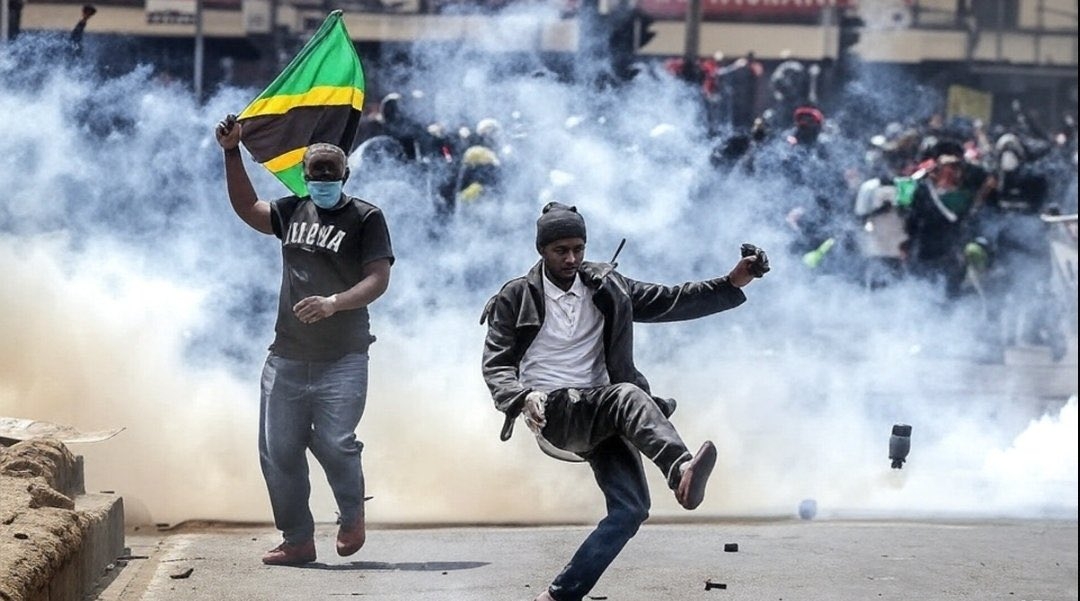

The High Court has declared that the National Police Service Commission (NPSC) has no power to recruit, train, employ, assign, promote, suspend, or dismiss members of the National Police Service (NPS).
The court said such functions fall exclusively under the independent command of the Inspector General (IG) as provided in Article 245 of the Constitution.
A permanent injunction has also been issued restraining the NPSC from conducting any recruitment or related human resource processes, including the implementation of the recruitment advertisement published on September 19, 2025, through Legal Notice No. 159, which the court found unconstitutional, null, and void.
In her judgment, Justice Helen Wasilwa of the Environment
and Land Court on Thursday said the Constitution clearly demarcates the roles
of the Inspector General and the National Police Service Commission, and that
any overlap would interfere with the IG’s independent command over the Service.
She observed that the NPSC, while exercising oversight and
administrative functions, cannot usurp the operational powers constitutionally
reserved for the Inspector General.
“The Commission is not a national security organ under
Article 239(1) of the Constitution. Its role is limited to policy, oversight, and disciplinary control — not recruitment or deployment,” Justice Wasilwa
said.
The court ruled that allowing the Commission to handle
matters of recruitment and deployment would compromise the operational
independence of the police, which the Constitution safeguards to ensure
professionalism and accountability within the security sector.
“The Inspector General shall exercise independent command
over the National Police Service, and no person may give direction with respect
to matters of employment, assignment, promotion, suspension, or dismissal of any
member of the Service,” the judge stated.
In addition to nullifying the September 2025 recruitment
notice, Justice Wasilwa directed that both the National Police Service Act and
the National Police Service Commission Act be reviewed comprehensively to align
them with the Constitution.
She said this would prevent future conflicts between the two
entities and promote clarity on the chain of command within the Service.
The impugned legal notice had invited applications for the
recruitment of police constables and cadets under the supervision of the NPSC.
The move prompted a constitutional challenge on the grounds that
it violated the doctrine of separation of powers between the Commission and the
IG’s office.
In her reasoning, Justice Wasilwa said the issue went beyond
an employer–employee dispute, noting that it touched on the structure and
command of a national security organ.
“The National Police Service is a critical institution whose
operations must remain insulated from administrative interference,” she said.
Consequently, the court declared that any recruitment
process initiated by the Commission without the involvement or authority of the
Inspector General is unconstitutional and of no legal effect.
There will be no order as to costs, with the judge noting
that the matter raised significant public interest questions about the
governance of Kenya’s security organs.













